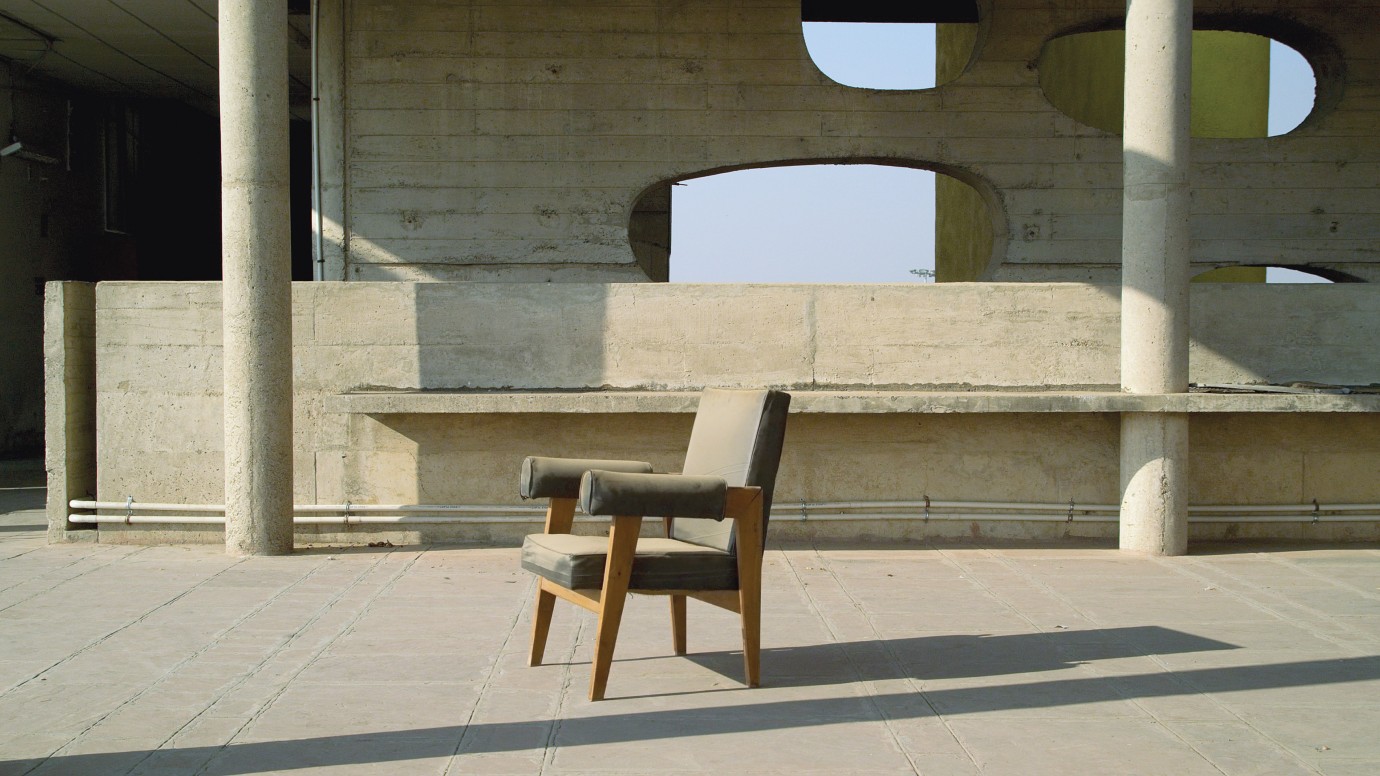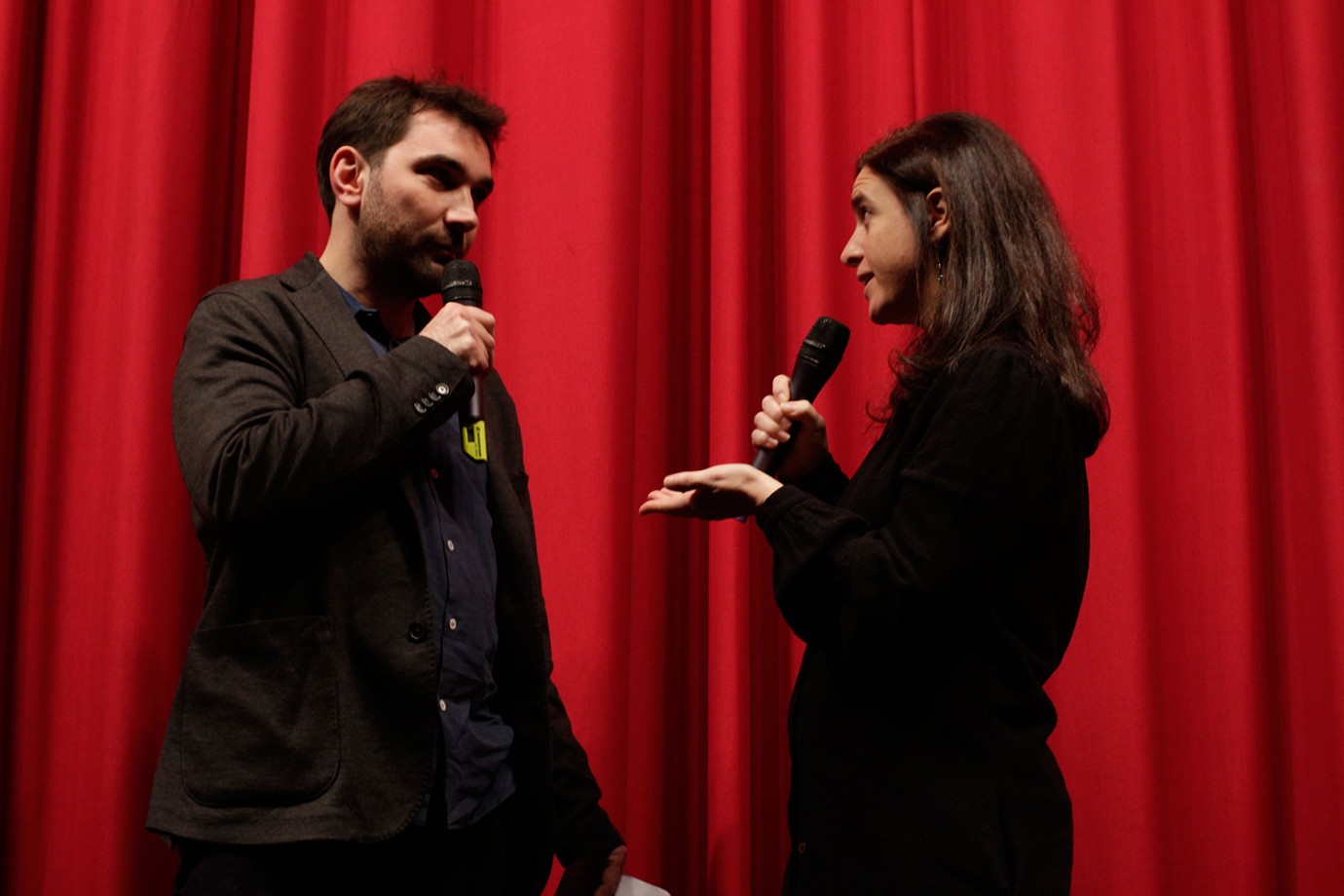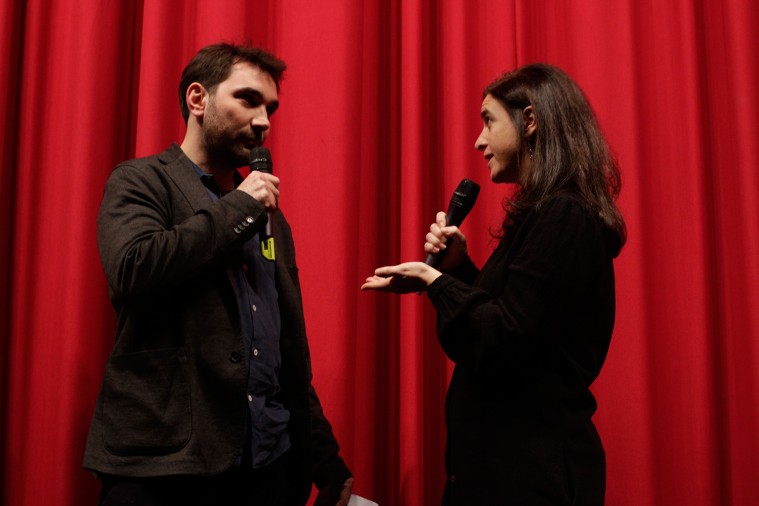Provenance


Provenance by Amie Siegel
USA 2013, Forum Expanded
courtesy Studio Amie Siegel, NY
Provenance follows in reverse the global trade in furniture from Le Corbusier and Pierre Jeanneret’s modernist city of Chandigarh, India. Their design included original pieces – tables, chairs, settees, and more – that now command record prices at auction houses worldwide. Beginning in the homes of European and American collectors, Provenance moves backwards to the furniture’s sale at auction, previews, and photography, to its restoration and shipping overseas from India. Without interviews, actors, or voice-over, the film’s contemplative tracking shots and recurrent tableaux – with the silent furniture as protagonists – enact a slow reveal. This accumulative montage exposes the strata of ownership that influence the objects’ fluctuating value.
Amie Siegel, born in 1974 in Chicago, lives and works in New York City and Cambridge, MA. Her work ranges from photographs, video, film installations, to feature films for the cinema. Her work has been shown in museums and film festivals around the world, among others at CCA Wattis, San Francisco, at MoMA/PS1, New York, at Hayward Gallery, London, at the Whitney Museum of American Art, New York, at the Cannes Film Festival, Berlin International Film Festival, and the Museum of Modern Art, New York. She has been a fellow of the DAAD Berliner-Künstlerprogramm, Guggenheim Foundation, a recipient of the ICA Boston’s Foster Prize and a Sundance Institute Film Fund award for Provenance.

Anselm Franke, Amie Siegel
The moderator and the director of the film, which was shown together with Lot 248.
Provenance · Forum Expanded · Feb 08, 2014
